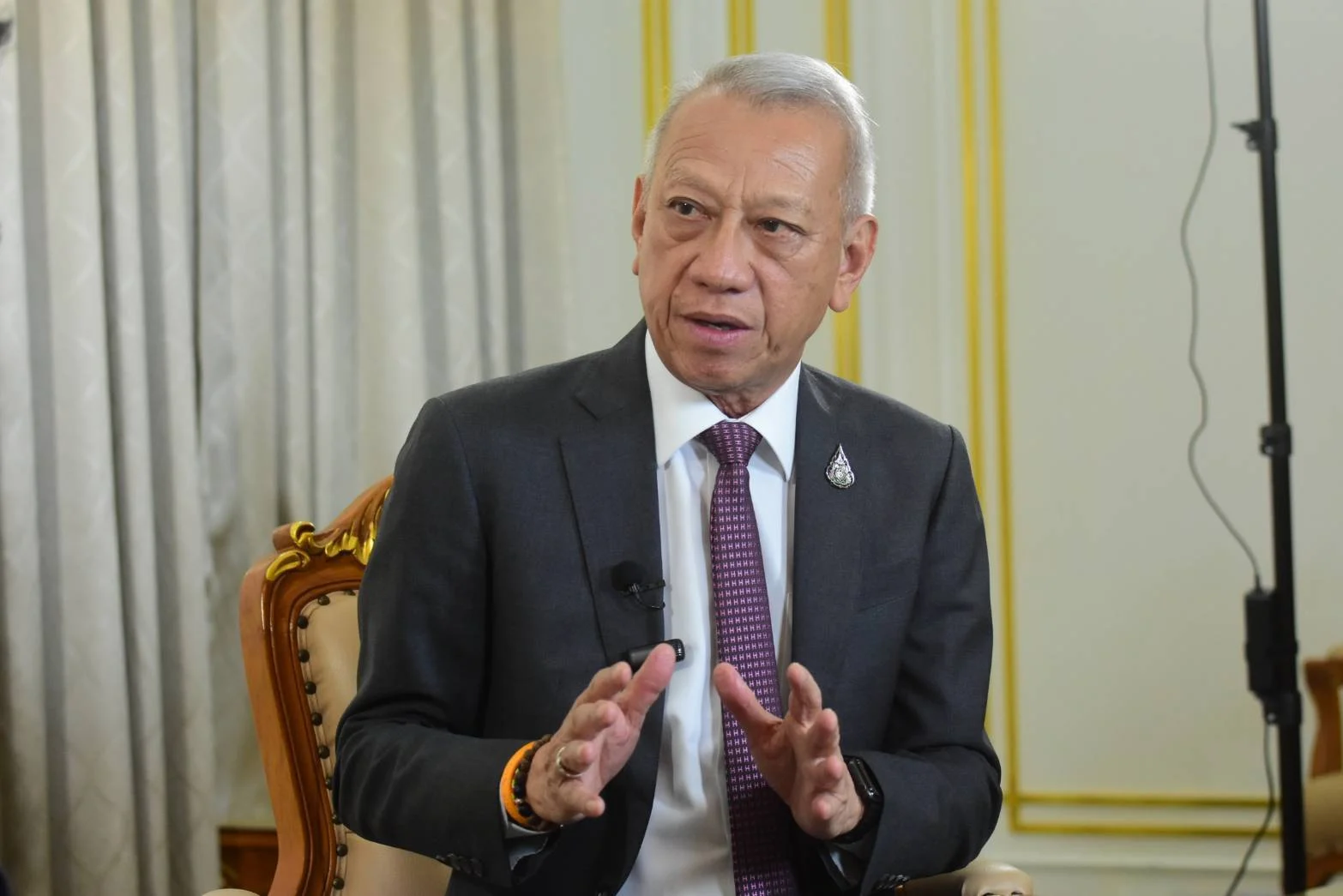Potential rise in minimum wage to 400 baht in select provinces

The anticipated increase in the daily minimum wage to 400 baht in select provinces is set for review by the tripartite wage committee in April, according to Labour Minister Phiphat Ratchakitprakarn. The committee’s chairman, Pairoj Chotikasathien, assigned a subcommittee to reassess the wage calculation formula and explore the potential for wage hikes in certain provinces and professions.
The findings from the study will be presented to the committee, said Phiphat.
“I am optimistic that there will be encouraging news in April. Specific provinces and careers will likely witness a daily wage increase to 400 baht.”
Pairoj noted that the subcommittee would evaluate the current economic and social conditions, existing wage rates, living standards, and employee expenses to formulate a new daily minimum wage calculation method. The subcommittee is scheduled to hold its inaugural meeting this week and submit the findings to the main committee by the month’s end.
The subcommittee comprises 17 members, including a deputy permanent secretary for labour as its chair, alongside five employer and five employee representatives, with a further seven government officials, reported Bangkok Post.
On January 1, the daily minimum wage for Thai workers experienced a nationwide rise, with the new rates fluctuating between provinces from 330 to 370 baht, as per the tripartite wage committee. This increase saw a 2 to 16 baht rise, averaging 2.37%, from the previous rates of 328 to 354 baht.
Wage review
Phiphat had earlier stated that a wage review is usually based on factors like economic growth rate, inflation, and the cost of living over the preceding five years. He further pointed out that the wage rate calculation was unjust to workers as it factored in the low economic growth rate during the Covid-19 pandemic from 2020 to 2021. He insisted that the economic conditions during the pandemic should not influence the calculation.
Kiriya Kulkolkarn, a lecturer at Thammasat University’s economics faculty, agreed with this view. According to her, the calculation should have considered the inflation from July 2022 until September 2023, with an average increase of 3.2%. She suggested that this formula could be applied uniformly across all provinces.
The current rate is still below the 400 baht promised by the Pheu Thai Party during its election campaign earlier this year, a pledge that caused concern among businesses fearing a high rate could affect the country’s competitiveness.
Prime Minister Srettha Thavisin had previously expressed his intention to request a revision of the committee’s decision to raise the minimum wage by 2 to 16 baht across the country, calling these increases inadequate.
Latest Thailand News
Follow The Thaiger on Google News:


























